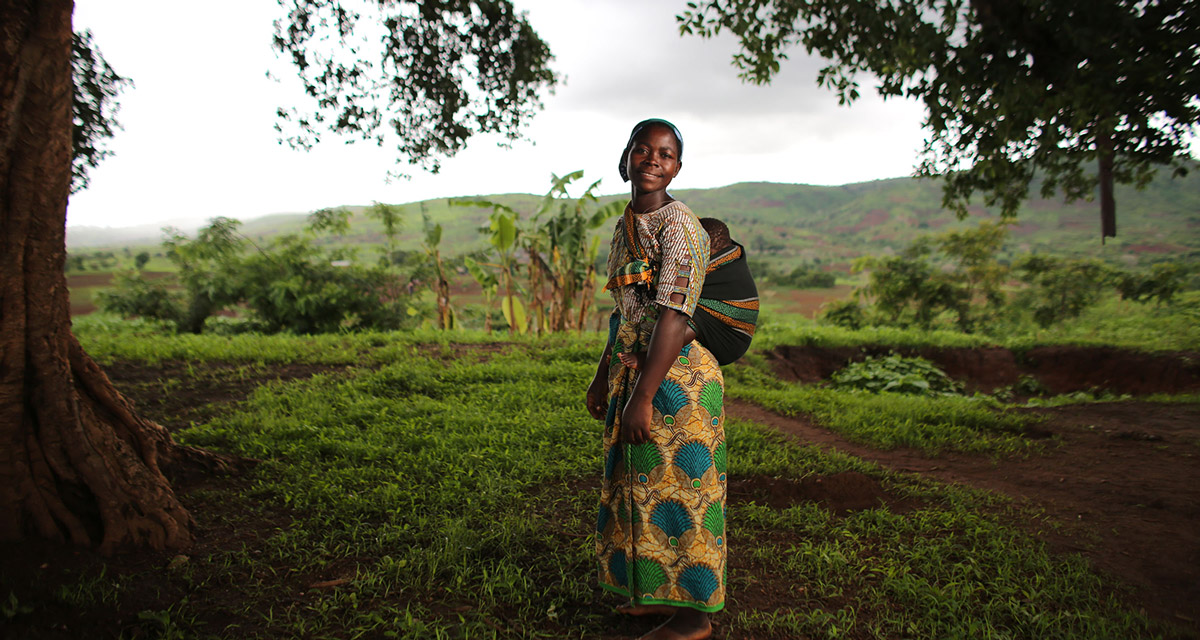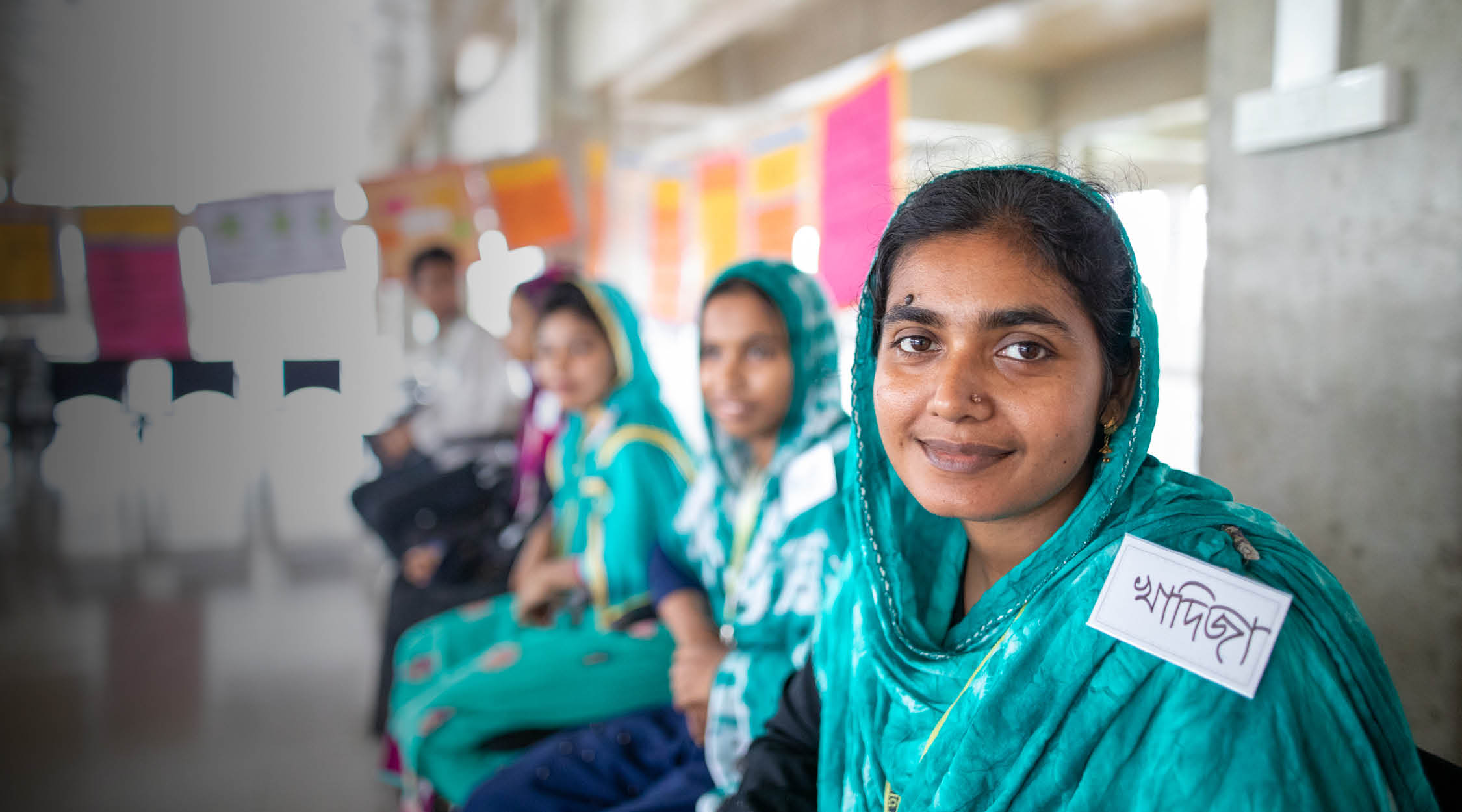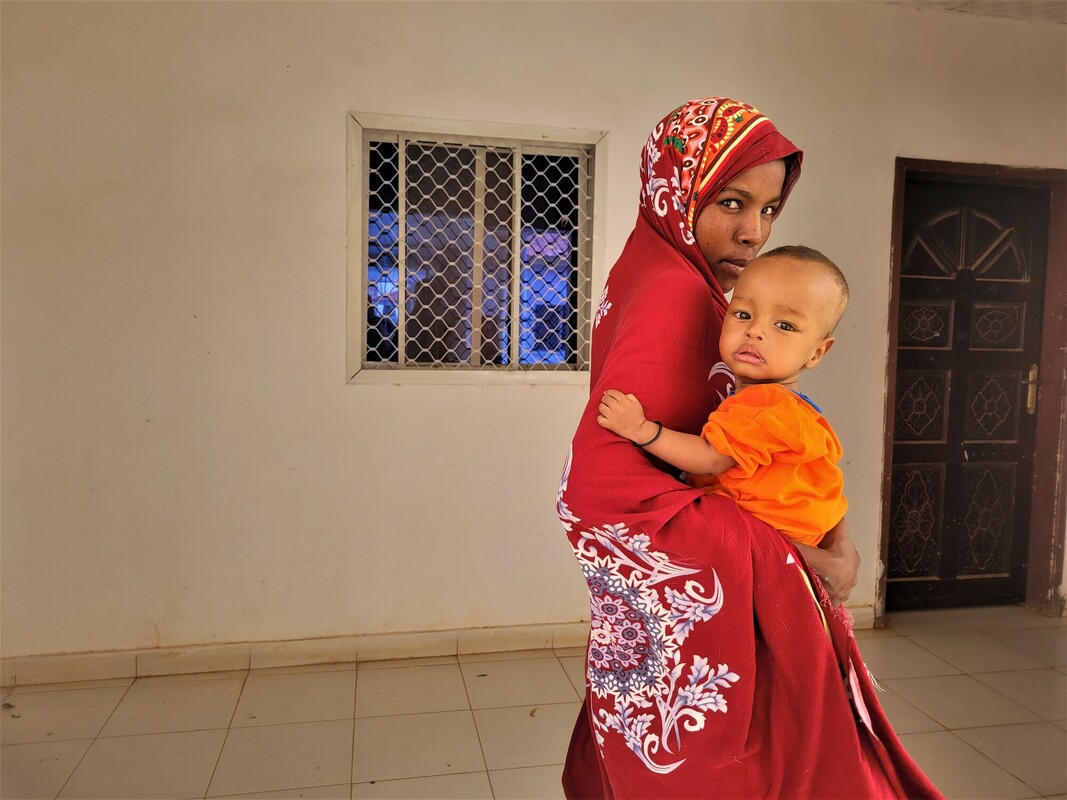Not found, error 404
The page you are looking for no longer exists. Perhaps you can return back to the homepage and see if you can find what you are looking for. Or, you can try finding it by using the search form below.

Read the latest news and stories from CARE’s work in the field
The page you are looking for no longer exists. Perhaps you can return back to the homepage and see if you can find what you are looking for. Or, you can try finding it by using the search form below.

Stay up to date with our news, programs and appeals.
We must act now. Donate today and show you support women accessing urgently-needed food, tools and resources that will save their lives. Give now this festive season.
